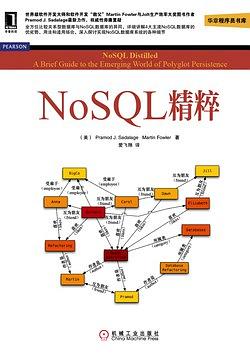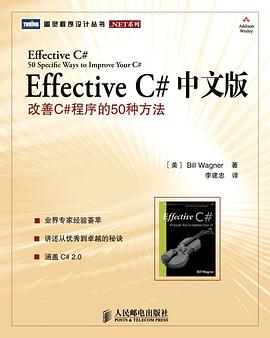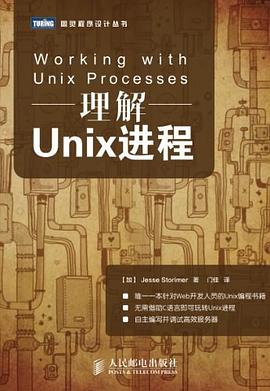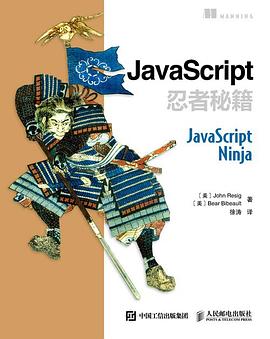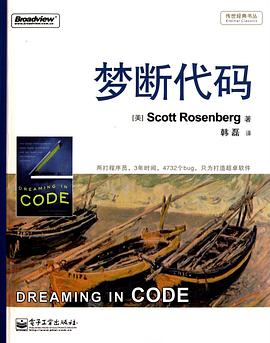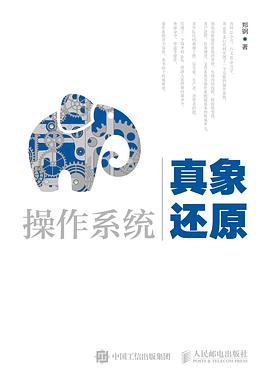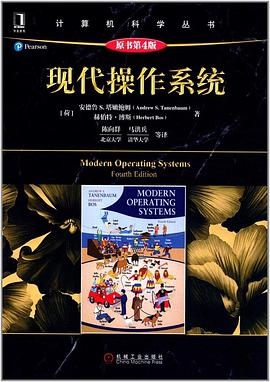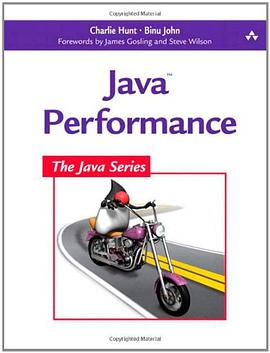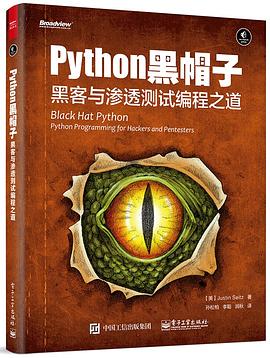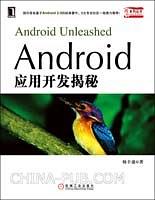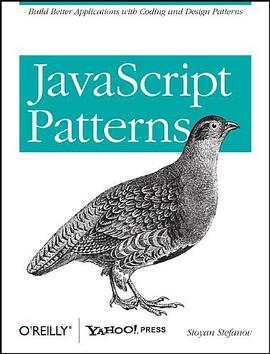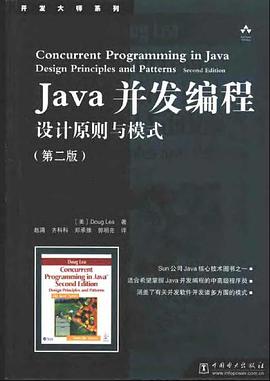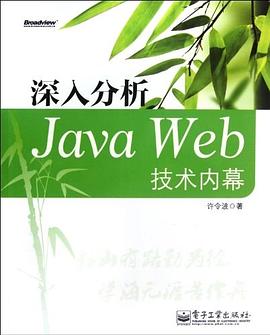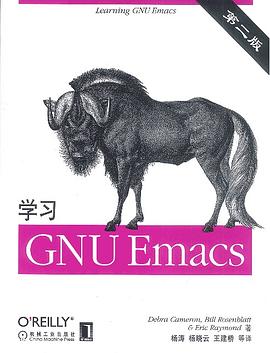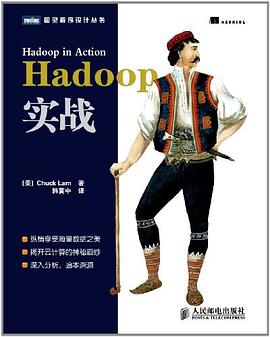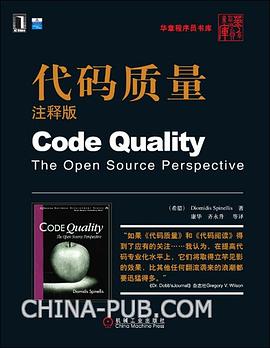

具體描述
本書介紹瞭在java編程中78條經典的、實用性極高的經驗規則,這些經驗規則可以幫助開發人員來解決每天都有可能麵對的大多數問題。書中對java平颱設計專傢所使用的技術的介紹,揭示瞭如何事半功倍地的編寫清晰、健壯和高效的代碼。本書是經典圖書effective java的第2版,涵蓋瞭java 5中的重要變化,並刪除瞭一些過時的內容。本書所介紹的每條規則,都以簡明易懂的語言來闡釋,並通過示例代碼進一步加以說明。
本書內容翔實,層次分明,是一本可以幫助技術人員更深層次理解java的參考用書。
著者簡介
Joshua Bloch是Google公司的首席Java構架師,也是Jolt圖書大奬的獲得者。他曾是Sun公司的傑齣工程師和Transarc公司的高級係統設計師。Bloch帶領著他的優秀團隊,設計和實現過無數的Java平颱特性,包括JDK5.0語言增強版和獲奬的Java Collections Framework。
圖書目錄
2 creating and destroying objects 5
item 1: consider static factory methods instead of constructors 5
item 2: consider a builder when faced with many constructor parameters 11
item 3: enforce the singleton property with a private constructor or an enum type 17
item 4: enforce noninstantiability with a private constructor 19
item 5: avoid creating unnecessary objects 20
item 6: eliminate obsolete object references 24
item 7: avoid finalizers 27
3 methods common to all objects 33
item 8: obey the general contract when overriding equals 33
item 9: always override hashcode when you overrideequals 45
item 10: always override tostring 51
item 11: override clone judiciously 54
item 12: consider implementing comparable 62
4 classes and interfaces 67
item 13: minimize the accessibility of classes and members 67
item 14: in public classes, use accessor methods, not public fields 71
item 15: minimize mutability 73
item 16: favor composition over inheritance 81
item 17: design and document for inheritance or else prohibit it 87
item 18: prefer interfaces to abstract classes 93
item 19: use interfaces only to define types 98
item 20: prefer class hierarchies to tagged classes 100
item 21: use function objects to represent strategies 103
item 22: favor static member classes over nonstatic 106
5 generics 109
item 23: don't use raw types in new code 109
item 24: eliminate unchecked warnings 116
item 25: prefer lists to arrays 119
item 26: favor generic types 124
item 27: favor generic methods 129
item 28: use bounded wildcards to increase api flexibility 134
item 29: consider typesafe heterogeneous containers 142
6 enums and annotations 147
item 30: use enums instead of int constants 147
item 31: use instance fields instead of ordinals 158
item 32: use enumset instead of bit fields 159
item 33: use enummap instead of ordinal indexing 161
item 34: emulate extensible enums with interfaces 165
item 35: prefer annotations to naming patterns 169
item 36: consistently use the override annotation 176
item 37: use marker interfaces to define types 179
7 methods 181
item 38: check parameters for validity .. 181
item 39: make defensive copies when needed 184
item 40: design method signatures carefully 189
item 41: use overloading judiciously 191
item 42: use varargs judiciously 197
item 43: return empty arrays or collections, not nulls 201
item 44: write doc comments for all exposed api elements 203
8 general programming 209
item 45: minimize the scope of local variables 209
item 46: prefer for-each loops to traditional for loops 212
item 47: know and use the libraries 215
item 48: avoid float and double if exact answers are required 218
item 49: prefer primitive types to boxed primitives 221
item 50: avoid strings where other types are more appropriate 224
item 51: beware the performance of string concatenation 227
item 52: refer to objects by their interfaces 228
item 53: prefer interfaces to reflection 230
item 54: use native methods judiciously 233
item 55: optimize judiciously 234
item 56: adhere to generally accepted naming conventions 237
9 exceptions 241
item 57: use exceptions only for exceptional conditions 241
item 58: use checked exceptions for recoverable conditions and runtime exceptions for programming errors 244
item 59: avoid unnecessary use of checked exceptions 246
item 60: favor the use of standard exceptions 248
item 61: throw exceptions appropriate to the abstraction 250
item 62: document all exceptions thrown by each method 252
item 63: include failure-capture information in detail messages 254
item 64: strive for failure atomicity 256
item 65: don't ignore exceptions 258
10 concurrency 259
item 66: synchronize access to shared mutable data 259
item 67: avoid excessive synchronization 265
item 68: prefer executors and tasks to threads 271
item 69: prefer concurrency utilities to wait and notify 273
item 70: document thread safety 278
item 71: use lazy initialization judiciously 282
item 72: don't depend on the thread scheduler 286
item 73: avoid thread groups 288
11 serialization 289
item 74: implement serializable judiciously 289
item 75: consider using a custom serialized form 295
item 76: write readobject methods defensively 302
item 77: for instance control, prefer enum types toreadresolve 308
item 78: consider serialization proxies instead of serialized instances 312
appendix: items corresponding to first edition 317
references 321
index 327
· · · · · · (收起)
讀後感
首先声明,这本书的中文翻译大体上还是过得去的,大方向上没问题。 ----------------------------分割线---------------------------- 1. p129 翻译:Java的枚举类型是功能十分齐全的类,功能比其他语言中的对等物要更强大得多,Java的枚举本质上是int值。 原文:Java's enum ...
評分java书籍如core Java经常分两册,上册为基础fundmental,下册为advanced。上册讲编程的基本概念,下册谈被升级的概念(如泛型对于Object,try是某种不判断的if,并发是循环的横向扩展,集合是某种高级的数组等等)。这类书给人的感觉是概念的任意组合,正交化,什么都可以...
評分书是好书,但是翻译简直不堪卒读,有些地方我估计译者可能自己现在都看不懂。英语水平可以的话还是建议和英文版对比着读,我对比的时候就发现几个容易让读者迷惑的地方。比如在第 37 条的最后一段: 原文是: “In a sense, this item is the inverse of Item 19, which says,...
評分内容讲解得很到位。。。。。。。。。。。。。。。。。。。。 内容讲解得很到位。。。。。。。。。。。。。。。。。。。。 内容讲解得很到位。。。。。。。。。。。。。。。。。。。。 内容讲解得很到位。。。。。。。。。。。。。。。。。。。。 内容讲解得很到位。。。。。。...
評分坐在那里看了一个小时,看的心浮气躁,完全看不下去任何内容。一个小时过去了连一个章节都没看完。也可能是因为没带笔,直接看感觉特别烦躁。看来看去只感觉,这本书在讲什么,这段话在讲什么?估计我修炼还不到家。我先看看别的吧,提高提高自己技术再来看好了,毕竟这本书评...
用戶評價
看到譯者有俞黎敏果斷看瞭英文人民郵電版的,不知道為什麼網上都沒貨瞭
评分書寫的非常好,有條有理論據讓人信服,但是不覺得這書需要通篇看第二遍。第四章Classes and Interfaces和第五章Generics是我全書最喜歡的章節,肯定會重看的,非常詳細的講述瞭java的多態和通用類型的使用,這也算是java的核心思想瞭,看完對java的設計思想開始有些理解瞭。總體感覺java是一個很繁瑣的語言,特彆是它的concurrency這一塊,synchronize的使用簡直awkward到想哭。不過這書第二版是java 1.5的,不是很記得後麵幾版這塊有沒有改進。非常好奇Go作為並發語言是怎樣高雅的實現並發的。目前就自己所掌握的來看,akka的並發思想是自己最喜歡的。
评分214睡前讀物#1,謝謝Charlie
评分補坑。
评分補坑。
相關圖書
本站所有內容均為互聯網搜索引擎提供的公開搜索信息,本站不存儲任何數據與內容,任何內容與數據均與本站無關,如有需要請聯繫相關搜索引擎包括但不限於百度,google,bing,sogou 等
© 2025 book.quotespace.org All Rights Reserved. 小美書屋 版权所有

